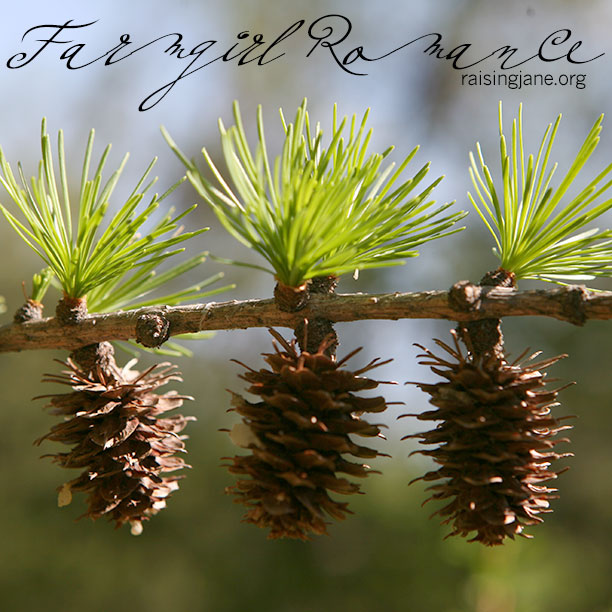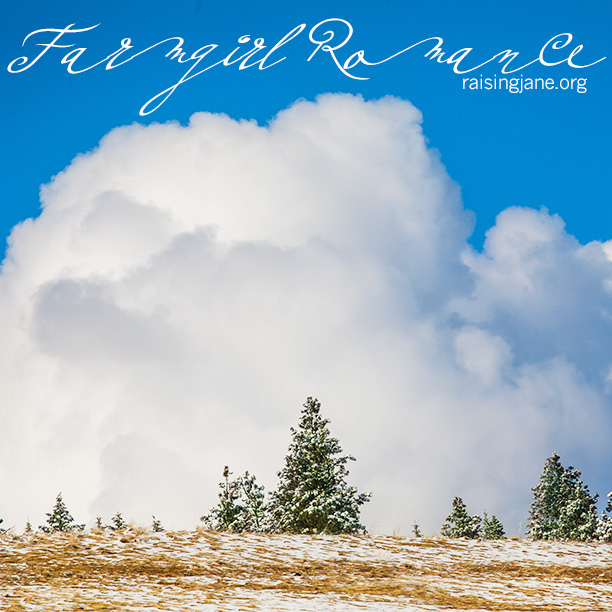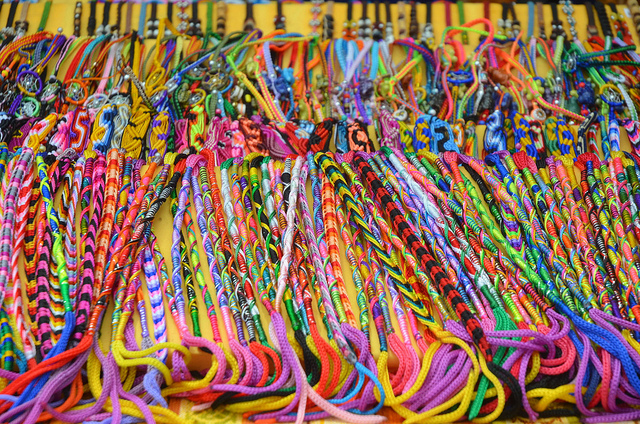How far would you go to prove that you have all the brains (and brawn) of your male counterparts?
To the ends of the Earth?
Well, that’s exactly what the 76 women scientists of the Homeward Bound 2016 expedition did.
History’s largest female voyage to Antarctica was neither a vacation nor a simple fulfillment of wild-woman wanderlust. It was a landmark statement heard around the globe in response to prevailing sentiments of discouragement and sexism in the scientific realm. Shockingly, the United States didn’t allow American women to work in Antarctica until 1969, and it has been an uphill battle since then for women to get a foothold on the icy continent.
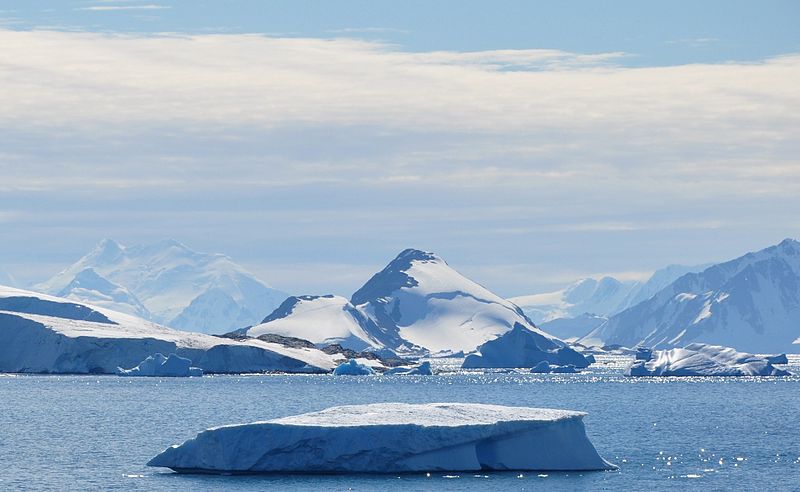
Photo by Vincent van Zeijst via Wikimedia Commons
The challenge inspired women’s leadership activist Fabian Dattner. Last year, she joined forces with Ecosystem Modeler Jessica Melbourne-Thomas to send a boat full of women to Antarctica on a mission that would serve both scientific and gender-equality agendas.
Simply put, women want to take an active role in protecting the planet, and this opportunity sought to fling the door wide open for them. The Homeward Bound expedition’s motto became, “Mother Nature needs her daughters.”
“You feel something inside you that makes you want to take care of people and the planet,” French population modeler and expedition participant Deborah Pardo, who attributes a portion of her passion to motherhood, explained to CNN. “Women have this drive to ensure the sustainability of the environment and the welfare of their families.”
And so, after nearly a year of training, 76 women from around the world—ranging in professions from marine ecologists to doctors, physicists and astronomers—set sail from Argentina on December 2.
Destination: Antarctica.
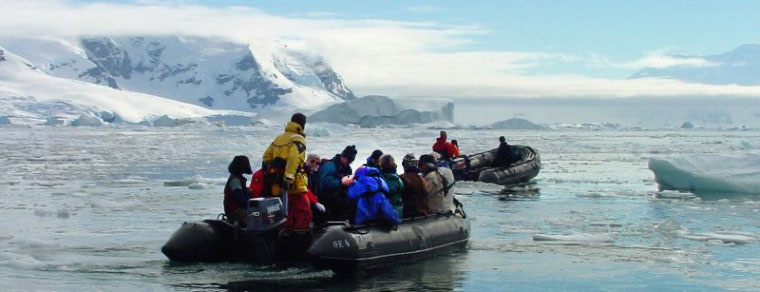
photo, http://homewardboundprojects.com.au
After two and a half weeks at sea, the women set foot on the wildly remote shores of the earth’s southernmost landscape.
“Antarctica represents the relative fragility of the natural world, but it is also an environment that can provide us with a lot of information about what’s happening on the global scale,” said Melbourne-Thomas. “Antarctica is an important system in terms of providing us with early warnings about climate change, but also a way to untangle the effect of multiple changes in the environment.”
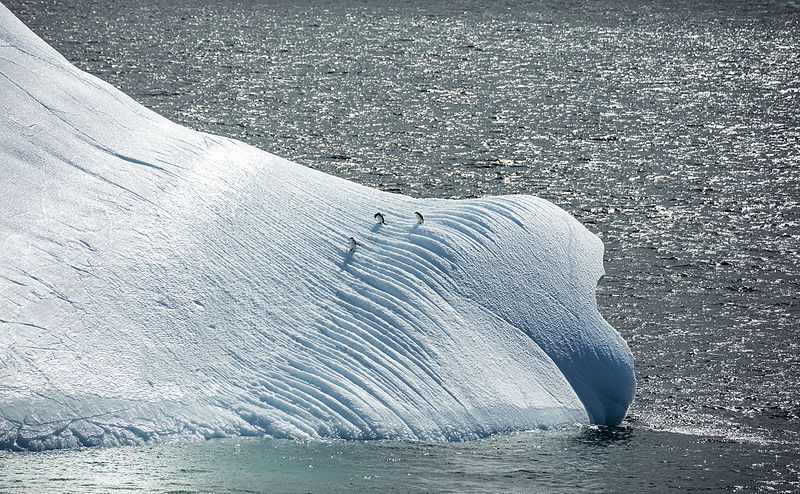
Photo by Andrew Shiva via Wikimedia
According to CNN, the Antarctic expedition was part of a 10-year project to help women in science cultivate their clout. “The 10-year goal, starting with Homeward Bound 2016, is to engage, encourage and support a diverse pool of women into leadership roles where they can shape policy and decision making. The hope is to establish one great network of 1,000 women with backgrounds in science collaborating for a shared vision.”
Melbourne-Thomas added, “We just really can’t afford to have the voice of women missing at the leadership table. Women bring a diversity of approaches and a whole range of complementary skills and styles in terms of science, and leadership more generally.”
Plans are now underway for a second all-female trip to Antarctica in February 2018.
Learn more at HomewardBoundProjects.com.au.
Continue reading →



























































